Science

Equipped with his five senses, man explores the universe around him and calls the adventure Science.
Edwin Powell Hubble
Science is a fantastic subject centered on the teaching and learning of scientific concepts, with meaningful and engaging opportunities for pupils to apply scientific skills. The sequenced curriculum challenges pupils to deepen their understanding of both their substantive and disciplinary knowledge of science with many topics revisited during their school years here at St Ignatius. We aim for science to teach children about the impact it has had on our lives as well as its fundament role in global prosperity and importance in meeting future challenges. Children will also understand that science is a global, human effort grounded in cooperation and inclusivity, meaning anyone can become a scientist.
Aims:
- to develop scientific knowledge and conceptual understanding through the specific disciplines of biology, chemistry and physics;
- to develop understanding of the nature, processes and methods of science through different types of science enquiries that help them to answer scientific questions about the world around them;
- to equip children with the scientific knowledge required to understand the uses and implications of science, today and for the future.
Working Scientifically
In both KS1 and KS2 pupils will carry out scientific enquiries and be encouraged to work scientifically. They will be given regular opportunities to carry out practical activities by:
- observe over time
- look for patterns in their observations and results
- identify, classify and group
- carry out controlled investigations using comparisons and fair testing methodology
- research using secondary sources
- Present their findings clearly, precisely and coherently, using scientific vocabulary.
Intent
At St Ignatius Primary School we aim to develop our pupils as scientists, we want them to enjoy the subject and remember the exciting science in school. We aim to ensure that our pupils recognise the importance of Science in every aspect of their daily lives and understand the range of different career opportunities that use science skills. We aim to increase their knowledge and understanding of our world, developing the skills associated with Science as a process of enquiry and endeavour to provide them with the confidence and motivation to continue to further develop their skills. By developing their natural curiosity, we encourage respect for living organisms and the physical environment and provide opportunities to be reflective and critical of evidence.
Implementation
At St Ignatius Catholic Primary School, we use the Developing Experts scheme to plan lessons and ensure all children learn and retain knowledge throughout the programme of study. In each lesson, pupils are given key facts and knowledge through a storytelling approach to learning. Further to this, each lesson offers Rocket Words, these are key words and meanings to learn; vocabulary which is then repeated throughout the lesson, quizzed on at the end and repeated at the beginning of the following lesson.
All our lessons contain a balance of the different ‘Working Scientifically Skills’ and ‘Scientific Enquiry’ types, so that children practise a broad range of skills throughout the curriculum. We promote the importance of an investigative approach through regular ‘hands on’ experiences. Children work scientifically during lessons and work collaboratively developing skills and investigating different concepts and ideas. This encourages resilience, determination, perseverance, communication, collaboration and questioning. We mix the content knowledge and investigation skills needed to solve Science problems and make decisions and predictions based on what they have learned. Our lessons also allow our pupils to practise their Mathematics and English whilst developing their reasoning and problem-solving skills. By linking Science concepts to everyday life, our pupils can understand the world around them in a scientific way. This will enable pupils to have transferable skills across other subject disciplines, without impacting on the collection of specific scientific knowledge and skills, ensuring that pupils retain knowledge that will readily prepare them for secondary school.
Impact
Children’s engagement is seen in their enthusiasm for learning. They take pride in their work and demonstrate good learning behaviours in school. Children enjoy their learning and this is reflected in good attendance. Children understand where their knowledge fits into the outside world and why it is important to learn about all the different areas of the curriculum. They are able to demonstrate knowledge through pupil voice and also across wider subjects. Children are able to articulate themselves using acquired vocabulary from across the curriculum. Children are able to apply their Scientific enquiry skills to solve new problems and explain how and why they solved them.
Developing Experts
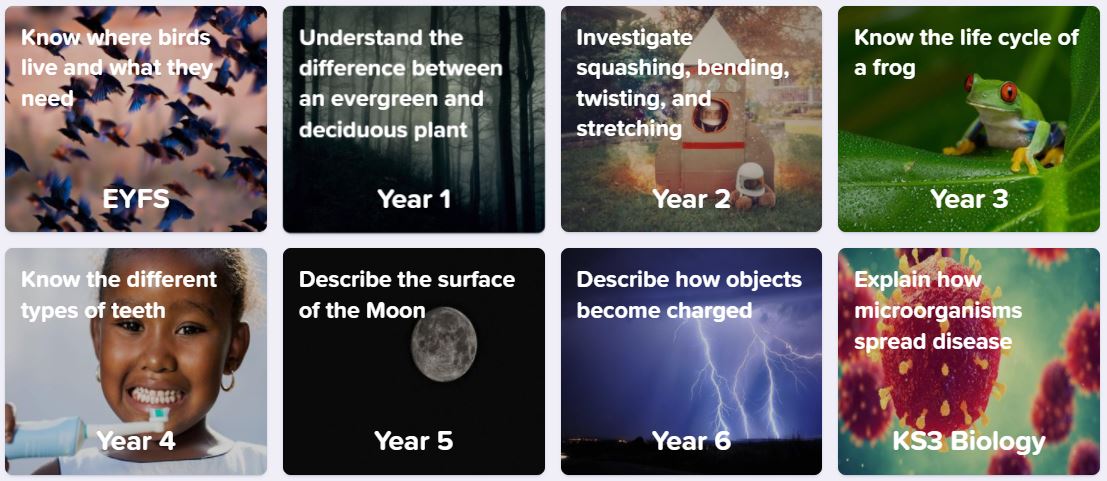
Developing Experts is a complete curriculum programme that suits the needs of our children. At the start of every lesson, it explains key vocabulary that children will discover. The lessons are interactive and allow progression, not only through the unit of lessons, but within the lesson.
It provides a growing library of interactive, online lessons with practical investigations, handouts and assessment quizzes fully mapped against the National Curriculum.
Children can use the knowledge organisers to support their learning of knowledge, skills and vocabulary throughout each unit.
Lessons come with experts from university and industry and are narrated with unforgettable stories - told through stunning images and videos supporting the importance of Cultural Capital.
Science Long Term Plan 2024
Developing Experts- Progression Documents
Useful Science Web-links
Create your own home or school experiments with Science Bob!
http://www.sciencebob.com/experiments/
BBC Science Links for 4-11yr olds
http://www.bbc.co.uk/schools/websites/4_11/site/science.shtml
Fun Interactive Science Games and Investigations
http://www.sciencekids.co.nz/gamesactivities.html
Science Museum –Interactive Games and Information
http://www.sciencemuseum.org.uk/online_science/games.aspx
Science Club – Mother Nature:
https://www.mnature.co.uk/science-club/
Protons for Breakfast:
http://www.npl.co.uk/educate-explore/protons-for-breakfast
Bitesize - https://www.bbc.co.uk/bitesize/subjects/z7nygk7
How Stuff Works - https://science.howstuffworks.com/
Brainpop - https://www.brainpop.com/science/

.jpg)
.jpg)
.jpg)
.jpg)
.jpg)
.jpg)
.jpg)
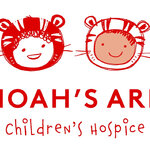

_0.jpg)


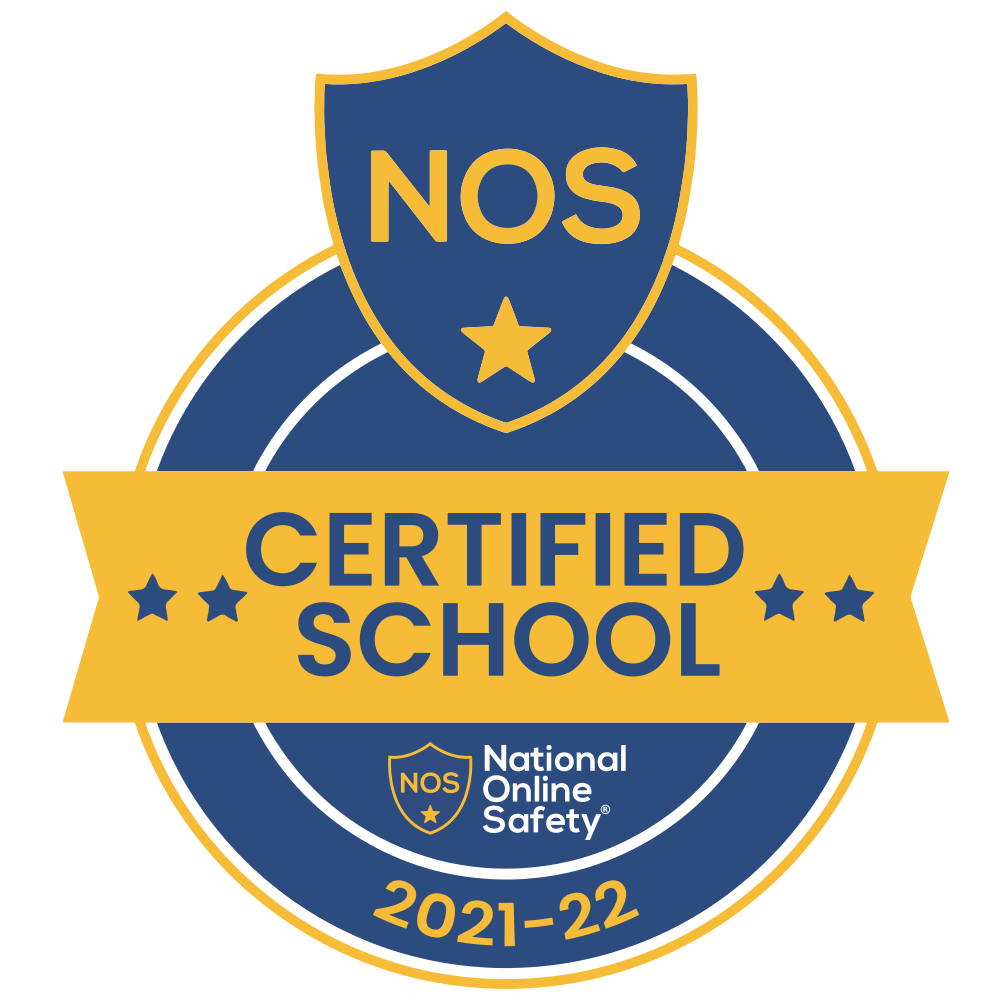
.jpeg)
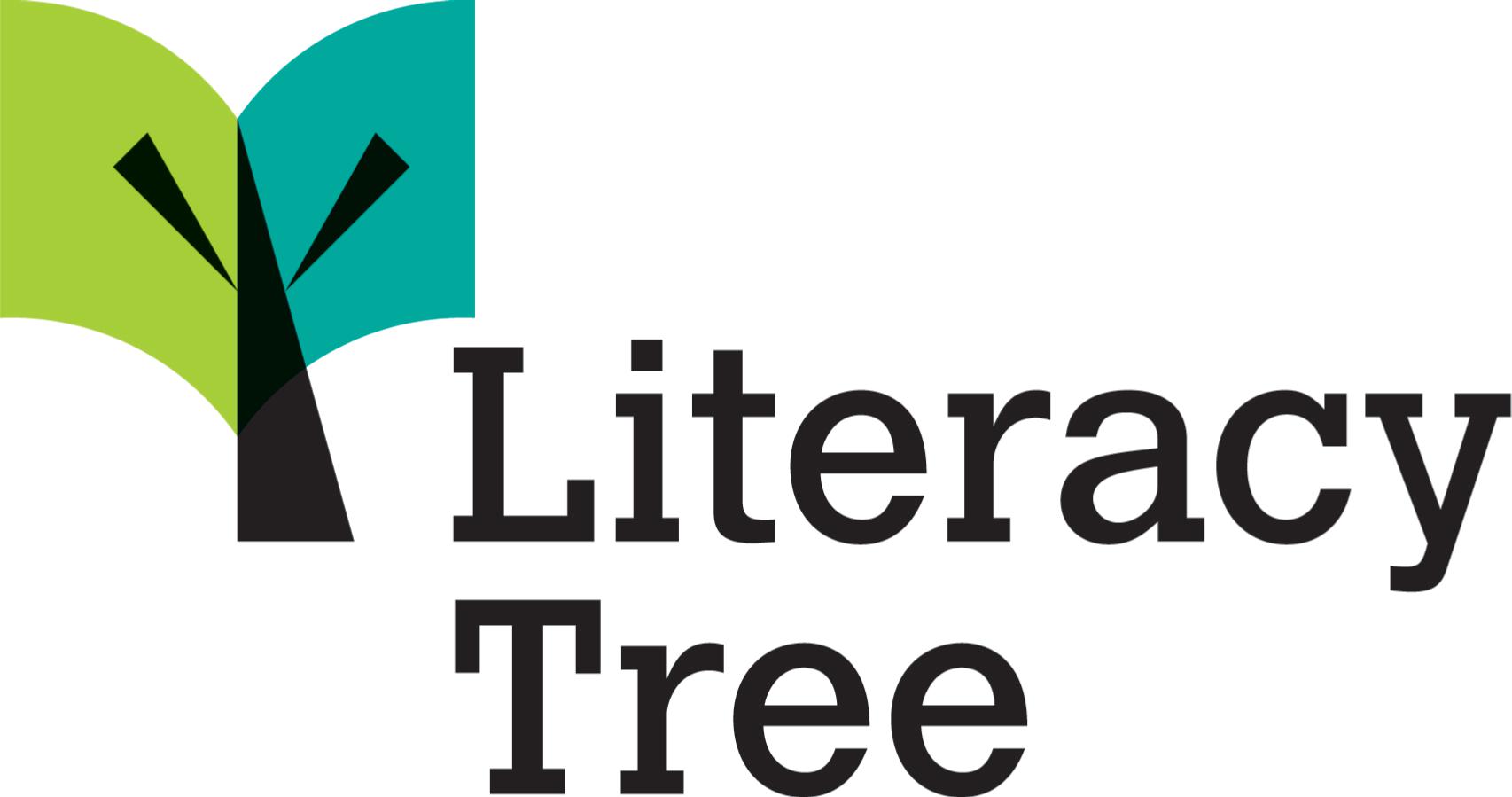
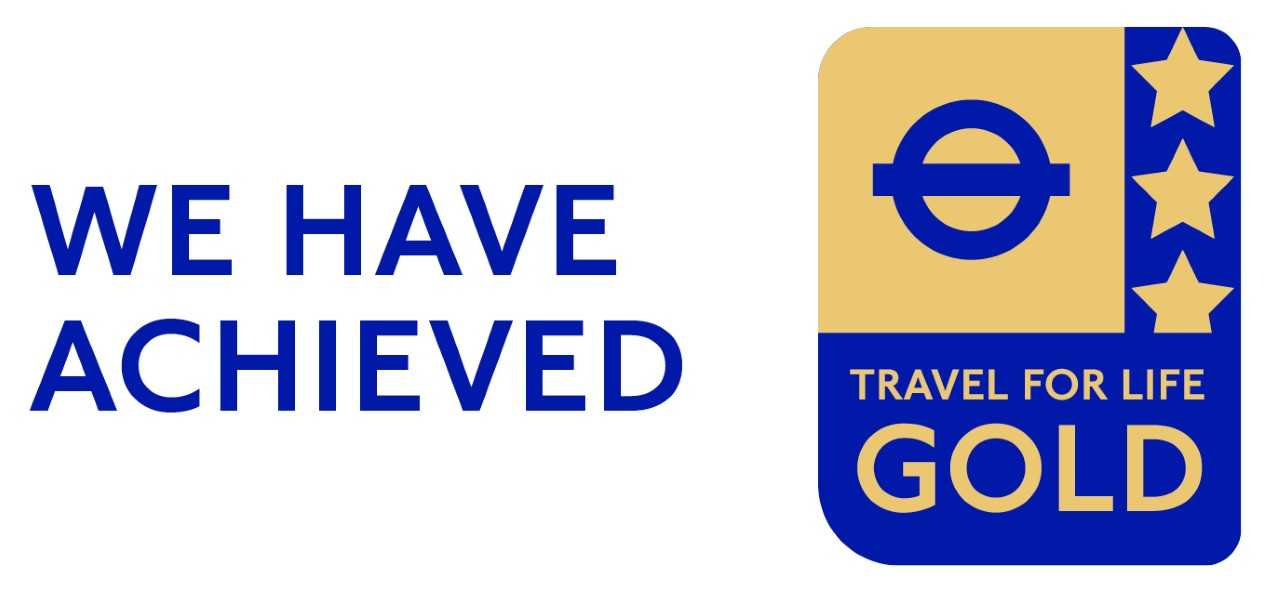
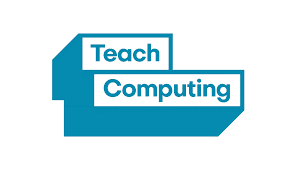
.jpg)
.png)
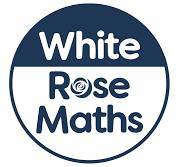
.jpg)

